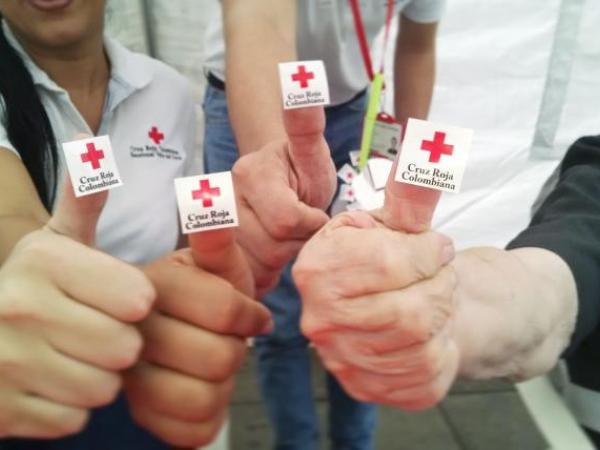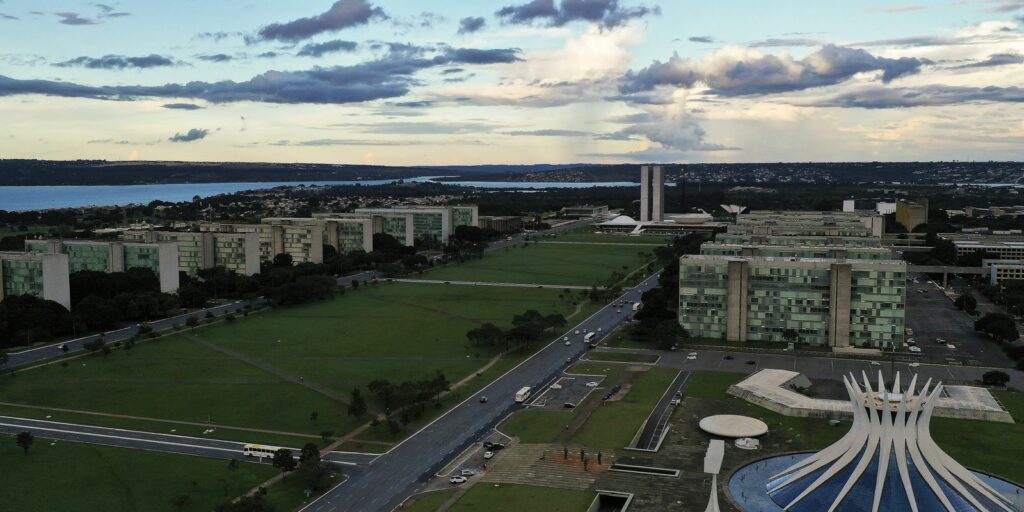The worst environment of insecurity in a country is experienced not so much by the habitual occurrence of violent crimes but, above all, by the lack of control of the authorities in charge of controlling them. This lack of control is characterized by a compulsive reaction of legislative populism and the approval of more laws with harsher penalties, without critical reasoning about the quality and efficiency of the media that is available, which ultimately ends up threatening the civil rights of citizens and undermine the quality of democracy.
The tone of the parliamentary and political debate generated by the murder of two policemen in acts of service in the last month, gave rise to an unusual rush in the approval of legal initiatives on security –both in the Chamber and this morning in the Senate–, among which is the so-called “privileged legitimate defense” or Naín-Retamal Law, which favors police officers who, in the development of an operation, generate civilian lethality. All this, in a general atmosphere that is too rarefied.
Avoiding unfortunate deaths of police officers in acts of service, the main risk of the profession, is one of the greatest ethical and practical commitments of the State when recruiting its police personnel, and for which it must maximize its training, its equipment and applicable police procedures. In the same way that the State is the guarantor of social peace and the security of the entire population, it is also obliged to equip and maintain a police force capable of sustaining the challenge of reinforcing the law against crime, at all levels. Therefore, the crux of the debate is about what quality of police you want to have and what the country is willing to do for it.
In this context, it is useful to remember that the use of police force must be legitimate, legal and proportional, for which the police design plans and operations that, according to the general intelligence information they have on the crimes, are applied with different degrees. technical expertise and strength in operations. Those plans and rules should always be subject to public scrutiny.
It is not the case to bring up the innumerable episodes about the process of loss of confidence of the citizenry in the Carabineros institution. The central issue today is the quality and efficiency of its service versus the increase in criminal violence, as well as established criminal organizations and techniques with growing roots in the country, and which clearly exceed current police capabilities.
This reality is the result, to a large extent, of the strategic disorientation of the civil authorities that govern them or have governed them, and that have been unable, in 30 years of democratic management, to elevate them in their technical and institutional performances, necessary reforms of through – which have been announced countless times, but have not materialized. One example, among many, is in the area of information and intelligence: in 30 years the country has not been able to create a robust and stable system of inter-institutional coordination and strategic advice to the Government on security matters.
The disorientation of the authorities and their tendency to penal populism prevent them from differentiating the levels in which the Government and the National Congress must act. Understand that the laws and norms that affect police procedures and protocols are, in reality, norms on the production of social peace, legality, and legitimacy; and that they must be subject to public scrutiny to safeguard the legitimate use of force, are essential pillars of civil rights and liberties.
Organized crime has established itself organically and territorially in the country to a point where the main asset threatened is not only safe and quiet life in the neighborhoods, but also the legality and incorruptibility of the State with large-scale activities, such as drug trafficking. people, clandestine or simply illegal gambling, control of drug trafficking routes in the main ports, lack of territorial control and criminal pressure on local political bodies. And most seriously, it has allowed society to mistrust and arm itself.
The panic city serves to justify the criminal populism of the elite and show unanimity around a political will to govern security, which in reality is not there. Because nothing that is being decided hastily points to the great institutional flaws and clarity of shared objectives. Guilt is not the same as responsibility, and the problem is that nobody feels responsible for the point of strategic and human insecurity in which the country finds itself.
Thus, Chile is living the theory of the broken glass. Who broke it? Nobody. It broke by itself. In other words, the factual animism of an incompetent political elite with no sense of responsibility for what has been done.


















